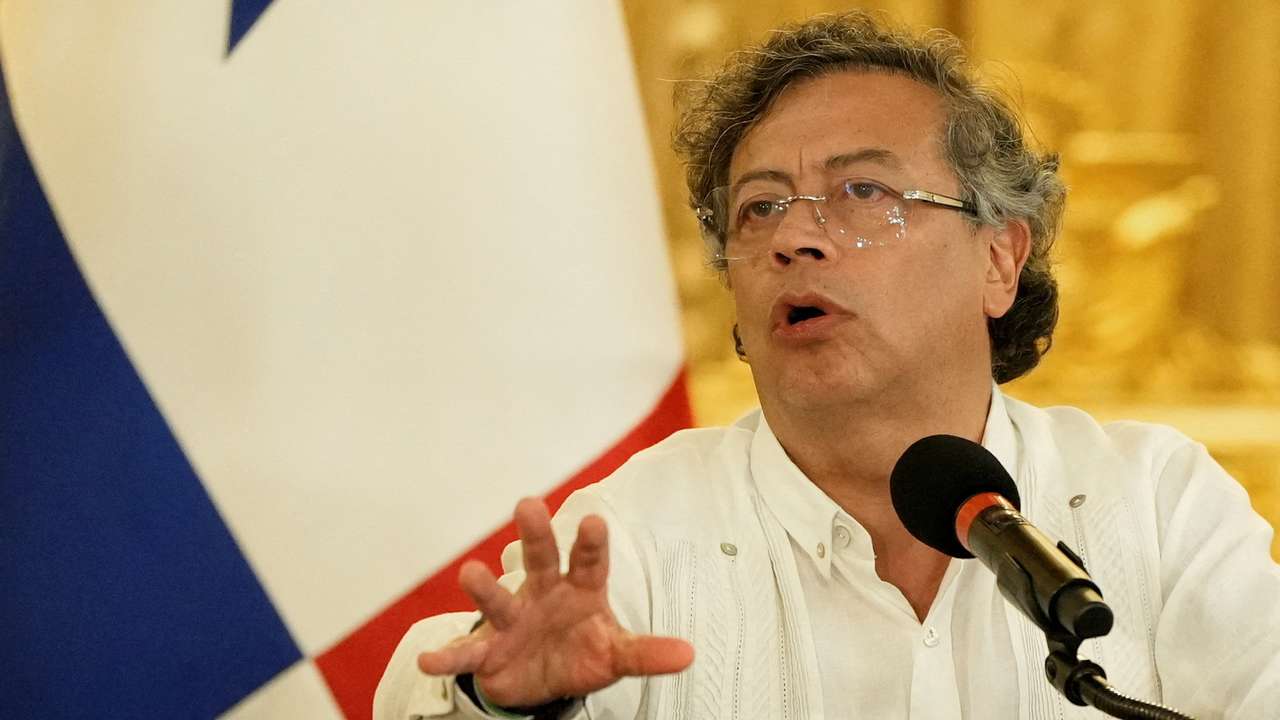Colombia Roundup: Extortion gangs resurface, tariff threats, labour reform referendum rejection

Colombia's film industry faces uncertain future amid tariff threats
Colombian filmmaker Juan Pablo Solano, of Jaguar Bite, has expressed concerns over proposed U.S. tariffs on audiovisual content, which could significantly impact international production in Colombia, where approximately 80-90% of projects are American. According to him, tariffs threaten to undermine independent films that rely on Colombia's cost-effective production landscape, putting the future of local filmmaking at risk.
Expansion of extortion gangs in key Colombian oil region
Colombian palm-oil farmer Jaime Cruz encountered a resurgence of extortion gangs in Puerto Gaitan, the country's largest oil-producing area, after more than a decade of relative peace. The 39th Front guerrilla group has begun demanding extortion payments from local businesses, causing significant insecurity and hindering investment in an economically vital region as violence escalates.
Investigations underway for suspicious death in South Carolina
Authorities in Columbia, South Carolina, are investigating a suspicious death following the discovery of a body in a home on Kinard Court, reported on May 15. The Columbia Police Department is collaborating with the Richland County Coroner’s Office as the investigation unfolds, with further updates pending.
Colombia takes landmark step in indigenous autonomy
Colombia has officially recognised Indigenous councils in the Amazon as local governments, granting them administrative power and budget control. This historic shift enhances Indigenous rights and governance, aiming to protect forests and inspire similar movements across Latin America, contrasting sharply with legislation in neighbouring countries that threaten Indigenous authority.
Colombian senate rejects president's labour reform referendum
Colombian lawmakers blocked President Gustavo Petro's referendum aimed at reforming labour laws, which included proposals for limiting work hours and mandating double pay on holidays. Business Standard reports that despite Petro's warning of electoral repercussions, the Senate voted against the referendum, though a group of congressmen has revived discussions on the labour proposals ahead of a deadline.